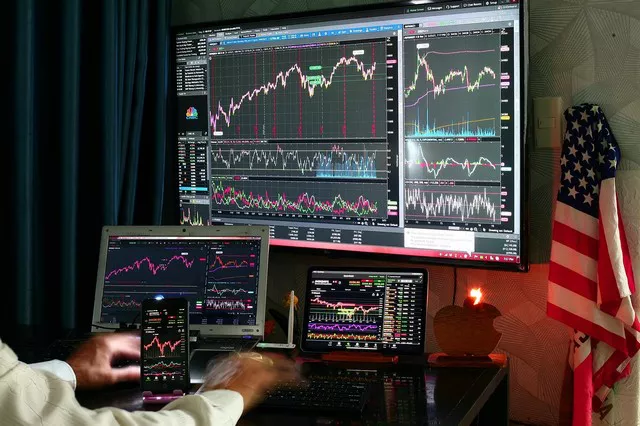New York — In a significant move for cryptocurrency derivatives, Coinbase has launched regulated XRP futures contracts, offering both institutional and retail investors a compliant way to gain exposure to one of the market’s most actively traded digital assets.
The newly introduced futures are available via Coinbase’s derivatives platform and include two versions: a standard contract designed for institutional players and a nano contract tailored for smaller investors. Both are benchmarked against the MarketVector Coinbase XRP Index and settled in U.S. dollars. The contracts were approved through a self-certification process with the Commodity Futures Trading Commission (CFTC), underscoring Coinbase’s efforts to operate within the boundaries of existing U.S. regulations.
Despite the regulatory green light for these new instruments, XRP continues to face legal headwinds. Oregon Attorney General Dan Rayfield recently named XRP in a class action lawsuit against Coinbase, alleging the token is an unregistered security. The lawsuit also encompasses several other digital assets and reignites broader concerns about the lack of regulatory clarity in the crypto space.
Coinbase has pushed back strongly against the allegations, arguing that the claims are unfounded and accusing Attorney General Rayfield of attempting to enforce regulation through litigation. The company maintains that its listings, including XRP, are legally compliant and vetted through rigorous review processes.
Adding further complexity to XRP’s legal status, a federal judge ruled in 2023 that XRP does not qualify as a security when sold to retail investors on public exchanges—a ruling the Securities and Exchange Commission (SEC) did not appeal. While this decision provided a degree of regulatory clarity, Ripple Labs’ ongoing legal dispute with the SEC has left questions unresolved. Notably, Ripple and the SEC recently filed a joint motion to pause the case, suggesting that a settlement may be on the horizon, with a final resolution expected within the next two months.
Despite the lingering legal issues, the introduction of XRP futures is viewed by market analysts as a potential catalyst for price momentum. The ability to trade XRP through regulated futures contracts without owning the underlying asset may appeal to institutional investors seeking strategic exposure within a compliant framework.
Technical indicators also suggest potential buy signals for XRP, hinting at a shift in market sentiment. Industry observers note that this product launch comes at a time of renewed institutional interest in XRP-linked instruments. Major asset managers such as Franklin Templeton, 21Shares, and Bitwise have all filed applications with the SEC to offer XRP exchange-traded products, further reinforcing the token’s growing appeal among sophisticated investors.
Coinbase’s expansion into XRP futures is part of a broader strategy to enhance its derivatives offerings. The U.S.-based platform now features over 20 cryptocurrency contracts, including recent additions like Solana and Hedera. Beyond crypto, Coinbase Derivatives also lists futures tied to traditional commodities such as gold and crude oil, aiming to provide a comprehensive suite of financial instruments for a diverse range of investors.
As the crypto industry continues to grapple with legal uncertainties and shifting regulatory frameworks, Coinbase’s move represents a calculated effort to bridge traditional finance and digital assets. Whether XRP can fully capitalize on this momentum may ultimately depend on the outcomes of its ongoing legal entanglements—but for now, the launch signals a notable vote of confidence in its future from one of the industry’s largest U.S. exchanges.


